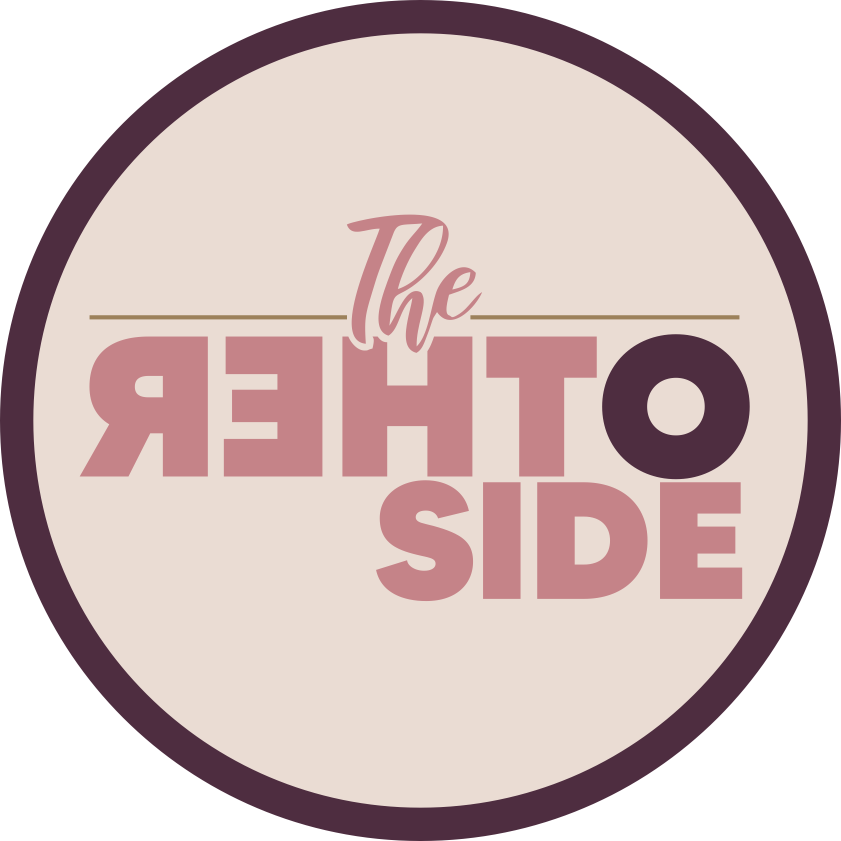Becoming Discipline
We all have had the experience of wanting to achieve something that we couldn’t quite attain. In fact, many of us are likely pursuing something at this very moment that seems to constantly elude us, and for some of us we don’t understand why we can’t get there. There are a number of possibilities to address the “why?”, however the most obvious answer is, we lack discipline. What’s even more frustrating is when our challenges with discipline are confined to only a few areas in our lives. For example, you may wonder, “how is it that I’m able to do well with achieving my career goals, but I struggle with saving?”. When these questions arise, most of us can easily identify a lack of discipline as the issue; but what exactly is discipline, and how do we get more of it?
Discipline is widely understood to be the quality of maintaining control to achieve a desired outcome, which is at times is easier said than done for most all of us. What’s little understood about discipline is the role of emotions, and the importance of being intimately acquainted with them to get what we really want out of life. Today, most people know very little about emotions; in fact, many of us run from them or dismiss them as something that’s only for women. The truth is that we’re all emotional, and if we fail to understand that, we’re limiting the degree to which we can live fulfilling and enjoyable lives.
We all experience emotions. We get sad, mad, happy, excited, and afraid, even if we don’t express ourselves outwardly. When we fail to recognize our emotions and the behaviors that typically accompany them, we can be driven in all sorts of directions without any regard for wisdom or logic. For example, when someone is happy, they can spend money buying drinks for everyone without having the means to do so, and when they return to their logical state, they may experience regret because they just spent their rent. It’s interesting how within one body two opposing intentions can exist, and one will always win. This is the power of our emotions, and left unattended or ignored, they can destroy everything that we work hard for.
So, what can you do? Know your emotions, attend to your emotions, wait out your emotions, and use emotions to inform wise decisions. The word emotion is synonymous with ‘feeling’. This is because we literally feel our emotions in our body. Often, we talk about “feeling” things, and most of the time we’re talking about beliefs that we think, not what we feel. Some of our feelings are unique, but by and large we feel similarly. For example, when we’re afraid, most of us feel our heart pounding or our stomach dropping, or both. When we’re sad, we feel the tears welling up for a cry. These are feelings. Many of us have developed a habit of suppressing our feelings, thereby suppressing our emotions, and when we do this, both grow to become uncontrollable and our actions follow suit. Suppressed emotions stay in the body and typically result in emotional and physical distress that results in mental health issues and medical disease. When we allow ourselves to feel, it relieves the pressure and makes room for the next emotional experience.
When we attend to emotions, we give attention to ourselves; it can look like showing curiosity about the source of the emotion; so in fear, we may ask ourselves, “what am I actually afraid of?”. This line of inquiry can often resolve the emotion if we come to realize we have nothing to fear. On the other hand, it can provide us with information about the environment around us, and when we take the next step of waiting out our emotions, we can then make wise decisions without regret. Feelings pass. When we give space to our emotions they may wash over us like a wave, and then they’re gone. There are times when we may need to act while in our emotions, like when there’s eminent danger, and in these cases, managing our emotions can be the difference between a stampede that hurts people or moving quickly and orderly, keeping everyone as safe as possible. The key to waiting out emotions is not to speak or act while the emotional experience is present. This keeps us from engaging in behaviors like impulse buying, going off on others, or even excessive drinking, smoking, or drug use. Once the emotion has passed and we return to logic we can use emotions to make informed decisions in the moment for our future.
In essence, discipline is about bridging the gap between logic and emotion. Without emotion, we are likely to make decisions that seem good for us, but possibly bring no enjoyment. In the heat of emotion, decisions only feel good, and usually only in the moment the emotion is present. Wisdom can be found in our emotions, we were given them for a reason, use yours for your benefit.




